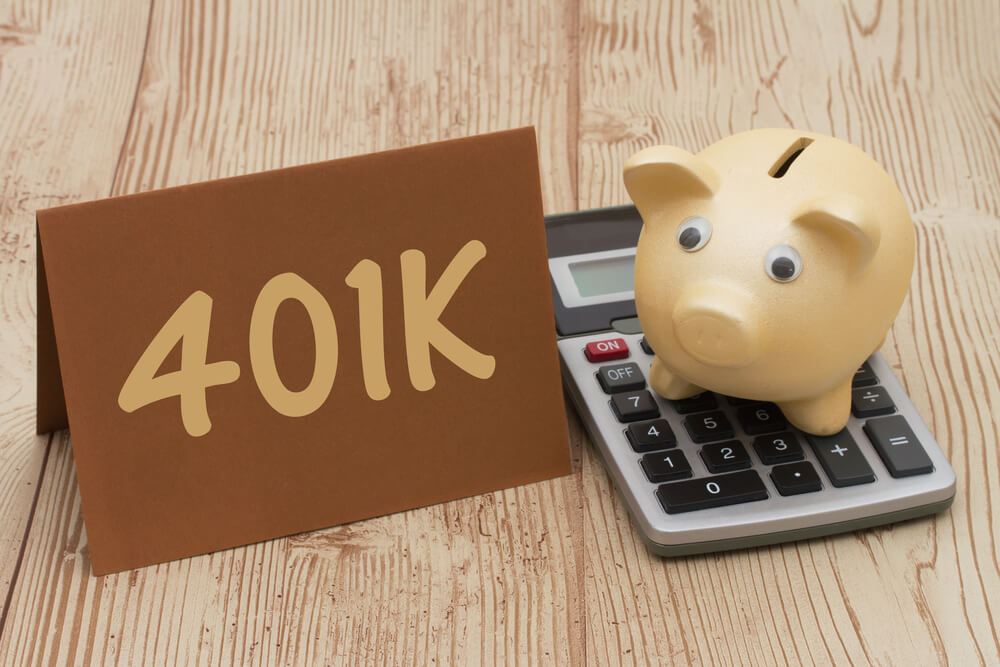It’s rough out there. With much of America still closed due to the COVID-19 pandemic, the unemployment rate is the highest it’s been since the Great Depression. But even many Americans that still have jobs are seeing pay and benefit cuts because 401(k) matching rules allow it.
401(k) matching is often one of the first things on the chopping block, and the 401(k) matching rules are clear. Unless the matching is part of a union contract, companies have the right to slash or eliminate the benefit, even mid-year. This applies to both traditional 401(k) plans and the safe harbor 401(k) plans more popular with small businesses.
Reducing or eliminating the employer matching isn’t particularly popular, but it’s a lot less potentially unpopular than mass firings or pay cuts.
What Are the 401(k) Matching Rules?
If you work for a large company, matching is almost always completely at the discretion of the employer. They have absolutely no obligation to match. They do, however, have a ton of 401(k) matching rules concerning nondiscrimination. Essentially, they can’t match for the executives while ignoring rank and file workers. They can eliminate matching so long as they do it for everyone.
Smaller businesses often offer safe harbor 401(k) plans, which avoid the nondiscrimination testing but come with their own set of 401(k) matching rules. As a general rule, employers have to offer a dollar-for-dollar 3% match and a 50% match on the next 2%, or they can offer a flat 3% nonelective contribution irrespective of employee deferrals. In other words, they “match” you even if you don’t contribute.
But even here, the employer can suspend matching if the company is operating at a loss, provided they give 30-day notice and follow the “top-heavy” requirements that prevent too much of the plan’s benefits from going to the executives.
What Should You Do If You Employer Quits Matching?
If your employer has eliminated matching for the year, you might be tempted to say screw it and quit contributing to your plan.
Well, if you’re in a financial bind due to the pandemic, that might be your best move. If you’re having a hard time paying your mortgage or putting food on the table, a retirement plan clearly isn’t your top priority.
That said, assuming your finances are stable, you should continue to plow every nickel you can into your 401(k) plan. In 2020, the contribution limit is $19,500, or $26,000 if you’re over 50. That’s your goal, with or without matching.
I’ll spare you the tired old lecture about how the stock market “always” rises over time. “Always” only holds true if your investment time horizon is 30 years or more. My reasoning here has nothing to do with the stock market.
It comes down to taxes. Every dollar you put into your 401(k) plan is a dollar the IRS can’t get its grubby hands on.
Let’s say you’re in the 32% tax bracket. You effectively earn a 32% “return” on the tax break alone, even if you leave the cash in your plan’s stable value fund essentially earning nothing. And that cash remains available to invest tax free for the rest of your working life. So, if you’re reluctant to chase the market higher here, that’s fine. You can still get the money into the plan, enjoy the tax break, and then just bide your time until there’s a pullback.
All of this would be true whether your employer matched you generously or didn’t match you at all.
So, if your employer had to cut back on your plan’s matching this year, don’t throw out the baby with the bathwater. It still makes sense to save as much as possible in your 401(k) plan.
• Money & Markets contributor Charles Sizemore specializes in income and retirement topics, and is a frequent guest on CNBC, Bloomberg and Fox Business.
Follow Charles on Twitter @CharlesSizemore
